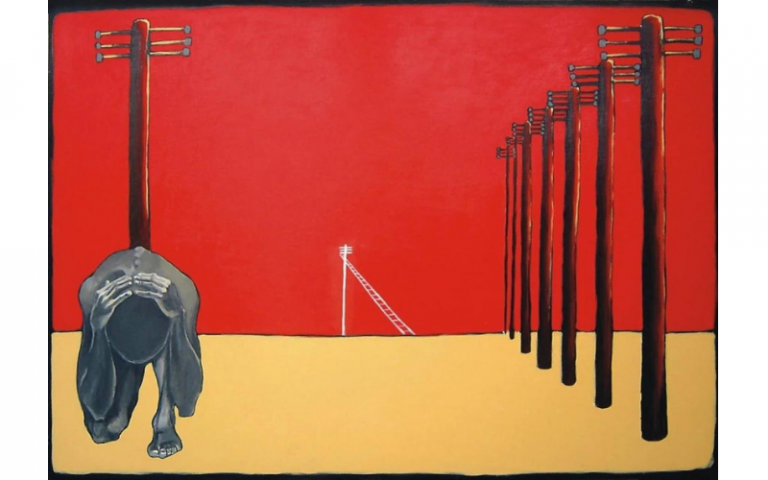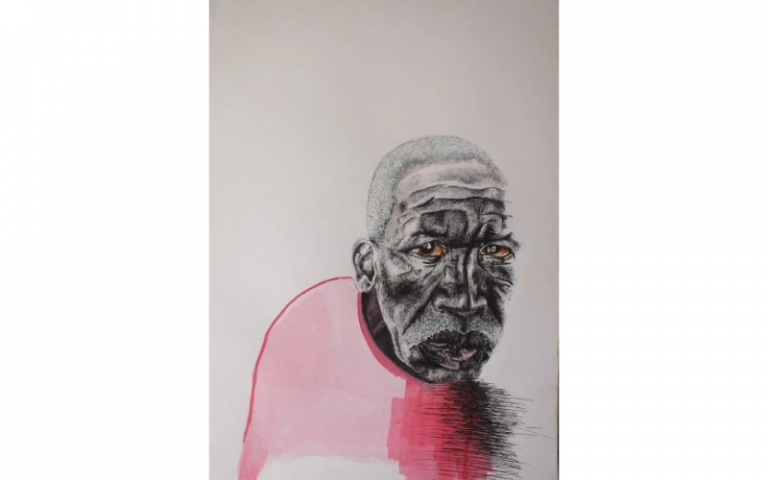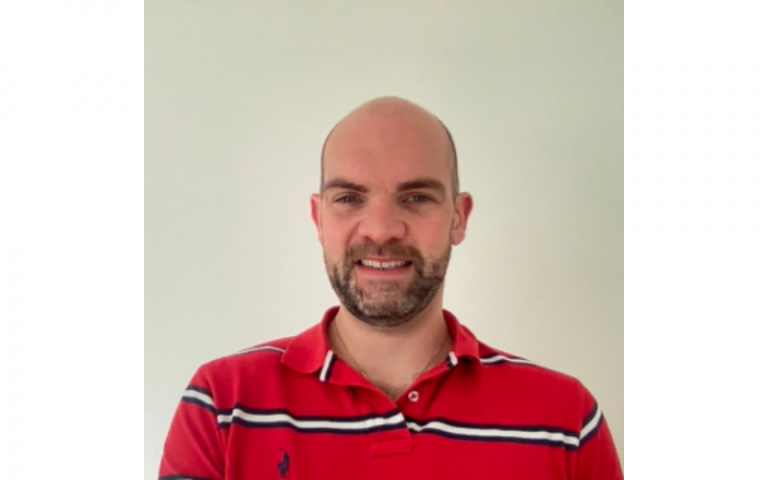Spotlight on Research: Making the (Non)Scene
27 October 2022
In this article, Dr Tom Penfold (Associate Lecturer in African History) gives a brief summary of his recent research and teaching, having started at UCL History in August 2021.

Any move to a new institution is fraught with apprehension and uncertainty in and amongst the excitement that comes with meeting new colleagues and new students. For me, starting a teaching focused position in the Department of History in August 2021, was no different. My focus has been on introducing a new undergraduate survey module covering South African history from the late nineteenth century to the present. However, alongside my time in the classroom, that uneasy jamboree of feelings one experiences when starting a new role provided renewed energy to Covid-stalled research.
My current research is, after all, underpinned by similar mixed emotions. Though in a constant contradiction of discussing a ‘collective’ of poets who are adamant in their separateness, I am investigating a group of South Africa poets I label the Poets of No Sure Place. At the heart of their poetry, though in terms of style and from extremely varied, is a shared desire to excavate the so-called newness of post-apartheid South Africa. Indeed, by tracing the perpetual sense of movement sketched in their verse, I shed light on the mixed emotions they experience living on the margins of the Rainbow Nation: Determined to be optimistic and keep faith in some sort of future there is still an increasing sense of despair – frustration at dreams not realised and promises not kept. That tension is nothing new for students of contemporary South Africa but, for me, highlighting their poetry is vital. It has for too long been side-lined by the literary establishment due to geographic location – New Brighton township is not a recognised literary metropolis – and for not fitting the prescribed political project. Yet, one small publisher took a chance in the late 1990s and brought to light something vibrant. It is that vibrancy, and the post-Rainbow form it births, that inspires me.

Research and UCL also mixed in another unexpected way as my first year in post progressed. Through conversations with students, it became obvious that UCL’s history curriculum was encouraging them to look critically at their own experiences of academic, to think through its shortcomings, and be proactive in addressing them (with a supportive department behind them). Thus, if my research is identifying failings in the South African literary establishment, of which the academy is part, were their ways I too, like my students, could challenge these proactively in a way that chimed with today’s particular moment? There were…
To return to the latest trends in South African culture, therefore, is too encounter the growing possibility of the ‘death of the text’. Critics claim that continuing racial oppression demands a move away from written literature. The change needed to decolonise society, the argument goes, is so radical that it can only be understood through live art. Yet, as my Poets of No Sure Place work has illustrated previously, and as my students themselves pointed out, if we broaden the academic gaze and look in unexpected places we can find unexpected things: things that challenge prevailing thought. This has prompted me to begin highlighting the presence of literary ‘non-scenes’ of impromptu performance such Poetry Slams and Open Mic nights. In doing so, it becomes evident that there is actually a new generation of literary activism intent on re-actualising the word and not subscribing to its death.
Such discoveries have prompted me to embark on a new project - prioritising external engagement - that involves working alongside poets known and unknown, new and old, who work across multiple disciplines. One result, in the not to distant future, will be a collaborative workshop event that proposes to both document and contribute to this current, and increasingly urgent, process of re-actualisation. “Making the (Non)Scene” will not only host a preliminary conversation in which artists share their thoughts about the broader place of poetry in the South African literary space. It will also provide an arena for those present to perform and create. Therefore, not only will a gap in current academic understanding, that of contemporary re-actualisation, be addressed but the academic space will also be ‘hijacked’ to become a non-scene in and of itself.
Our task as students, academics and, above all, historians is to similarly hijack convention. Learn from the past; shape the future.

Tom Penfold
Associate Lecturer in African History
Artworks are by Dolla Sapeta - you can read an interview with him here: https://africainwords.com/2021/03/05/the-new-brighton-art-school/
 Close
Close

